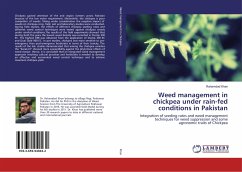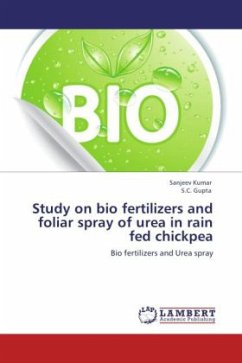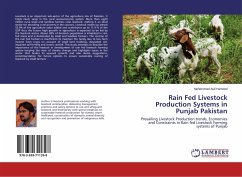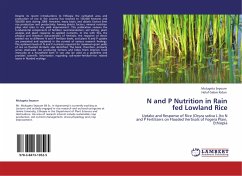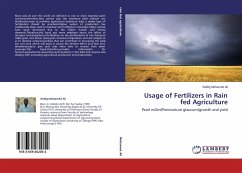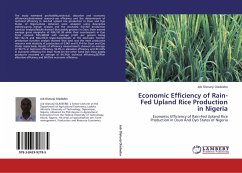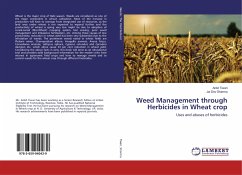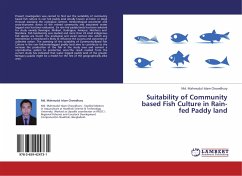Chickpea gained attention of the arid region farmers across Pakistan because of the low water requirement. Meanwhile, the chickpea is poor competitor of weeds. Taking under consideration the negative impact of weeds on chickpea crop, field, pot and laboratory studies were conducted. During field studies, the effects of different chickpea seeding rates and different weed control techniques were tested against chickpea weeds under rainfed conditions.The results of the field experiments showed that during both the years the lowest weed density was recorded in Stomp 330 EC. The highest CBR was obtained from the application of Stomp 330 EC and Dual Gold 960 EC. In pot studies, chickpea was more sensitive to pre-emergence than post-emergence herbicides in terms of their toxicity. The results of the lab. studies demonstrated that among the chickpea varieties the "Karak-III" showed more susceptibility against the phytotoxic effects of weed extract. Hence, it is concluded that an integrated weed management approach involving cultural practices and herbicides is needed to develop an effective and economical weed control technique and to achieve maximum chickpea yield.
Bitte wählen Sie Ihr Anliegen aus.
Rechnungen
Retourenschein anfordern
Bestellstatus
Storno

